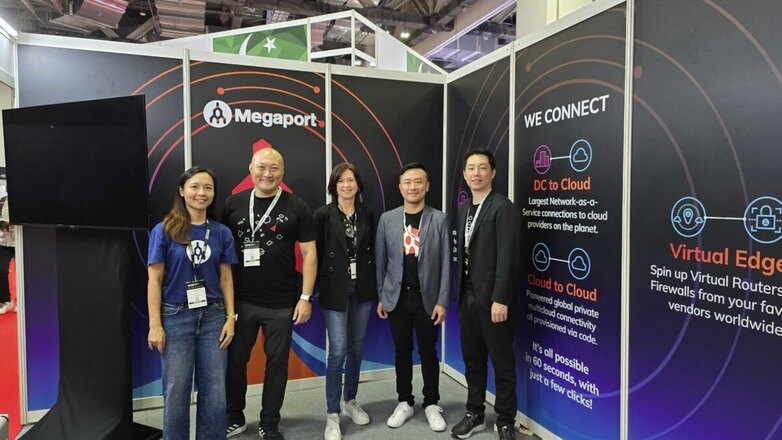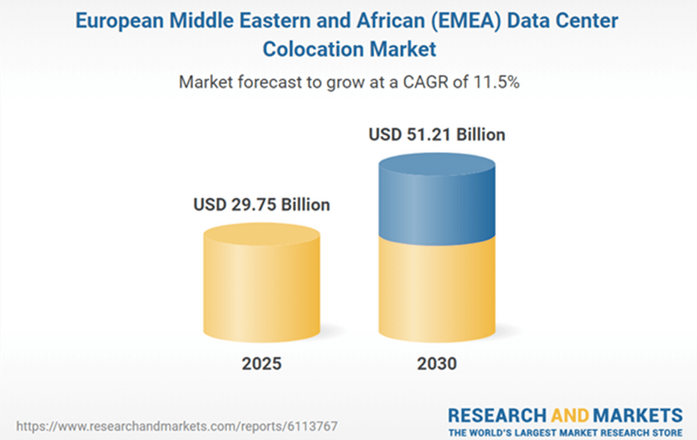
Megaport, a leading Network-as-a-Service (NaaS) provider, has announced its agreement to acquire Latitude.sh, a global Compute-as-a-Service (CaaS) company specializing in high-performance CPU and GPU infrastructure. The move will establish a fully integrated platform that combines private, high-speed networking with on-demand compute power – a convergence that aims to redefine how enterprises deploy, scale, and connect workloads worldwide.
While financial details were not disclosed, the deal represents a strategic alignment between network automation and high-performance computing. Upon completion, Megaport’s global connectivity fabric will merge with Latitude.sh’s rapidly scalable compute infrastructure, spanning more than 1,000 data centers across 26 countries.
“Megaport has long been trusted by the world’s largest enterprises to move workloads seamlessly between data centers and the cloud,” said Michael Reid, CEO of Megaport. “By bringing Latitude.sh into the fold, we’re extending that promise beyond the network and into high-performance, optimized compute – complementing cloud providers and enabling customers to accelerate digital transformation and AI adoption.”
Founded in Brazil, Latitude.sh delivers CPU and GPU infrastructure in seconds, serving over 1,150 customers across 20 markets in 10 countries. Its developer-first platform offers simplicity, predictable billing, and robust APIs to instantly deploy workloads ranging from AI inference and fine-tuning to SaaS, blockchain, gaming, and analytics applications. The company operates an advanced fleet of more than 7,700 servers, including dedicated NVIDIA GPU clusters, allowing enterprises and startups to train and run demanding AI models without long lead times.
“This is a tremendous opportunity to extend our compute platform into the world’s largest Network-as-a-Service provider,” said Gui Soubihe, CEO of Latitude.sh. “Together, we’ll deliver a globally automated, on-demand Infrastructure-as-a-Service model that bridges network and compute into one seamless fabric.”
Simplifying Multi-Cloud and Hybrid IT
By integrating compute capacity directly into its network layer, Megaport aims to simplify multi-cloud and hybrid operations. Enterprises will be able to spin up compute instances and interconnect them to cloud providers, partners, and edge locations – all via private, low-latency connections. This capability directly addresses the growing infrastructure needs of AI workloads, data-intensive analytics, and distributed applications that demand both power and performance at scale.
“We are building an industry-leading platform where network and compute converge globally,” added Mr. Reid. “This positions Megaport at the heart of the hybrid cloud and AI-driven future.”
The acquisition, pending customary approvals, is expected to close by December 31, 2025. Once completed, it will position Megaport as a key infrastructure enabler in the next wave of AI, hybrid cloud, and real-time digital ecosystems.
Executive Insights FAQ: On-Demand Compute and Connectivity
How does the acquisition enhance Megaport’s service offering?
It unifies Megaport’s high-speed networking with Latitude.sh’s on-demand compute infrastructure, enabling customers to provision and interconnect compute resources globally within seconds.
Why are on-demand CPU and GPU resources critical for enterprises?
AI, machine learning, and analytics workloads require scalable processing power. On-demand compute allows businesses to access resources instantly without long procurement or setup times.
What advantages does integrating compute with network services provide?
Combining compute and network automation minimizes latency, simplifies orchestration, and enables seamless data flow between applications, cloud environments, and AI workloads.
How does this benefit hybrid and multi-cloud strategies?
The integration allows enterprises to deploy compute close to data sources while maintaining private, high-speed links to public clouds, ensuring performance and security across environments.
What’s the broader industry impact of this merger?
It signals a shift toward converged infrastructure-as-a-service, where compute and connectivity become a unified utility – essential for powering the next generation of AI-driven global operations.


